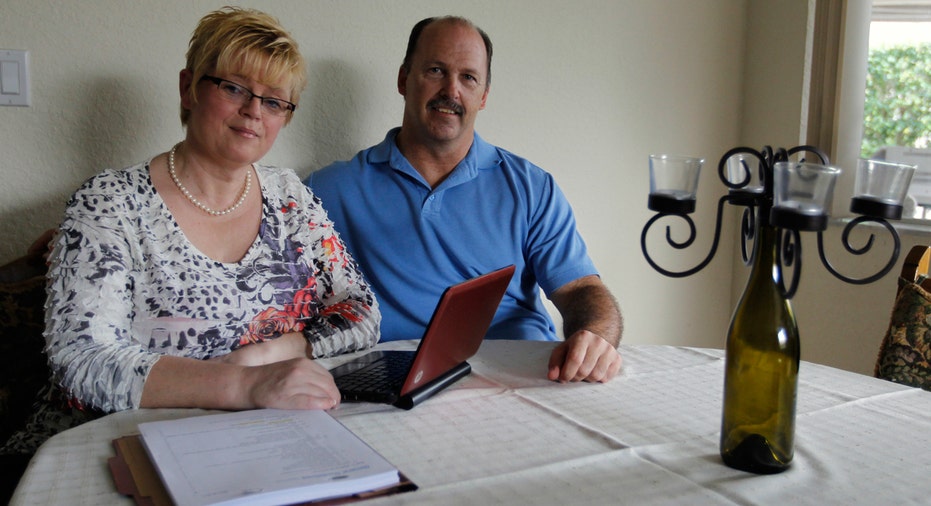50 is Peak Age for Financial Decision Making

Elderly households hold a large percentage of assets in the U.S., which means that their financial decisions are especially important to the economy. In fact, The Massachusetts Institute of Technology is hosting a Financial Products and Policies conference devoted to exclusively discussing how the elderly are at risk when it comes to making financial decisions.
Numerous cognitive studies over the years have shown that decision-making ability declines with old age and that this can have an effect on important financial decisions. Texas Tech University (TTU) recently published a study on this topic and found that after age 60, one’s ability to make smart financial decisions begins to suffer. While peak financial decision-making ability occurs at age 50 according to this study and many others, from age 60 onwards, a gradual decline begins and decision-making quality is significantly impacted by one’s '80s and '90s.
Michael Finke, a professor of personal financial planning at TTU and the lead author on the study, says that the lack of financial knowledge among the elderly can contribute to poor decision making. One example he mentioned was that the elderly rarely take advantage of credit card rewards and rebates. Another example is mortgage rates. According to Finke, one’s ability to get the lowest interest rate on a mortgage is greatest at age 50. “This is when you’re most effective at shopping around for rates,” said Finke. After age 50, you’re more likely to pay a higher mortgage rate.
But this decline can have a negative effect on the greater economy. During the 2008 recession, the elderly were more likely to sell out of their stock positions, according to Finke, leading to underperformance in their investment portfolios. “If you have cognitive impairment, your response to a mistake is to stop doing it,” said Finke about the repercussions of poor financial decision making among the elderly.
Finke noted though that the elderly can prevent poor financial decision making if they recognize that their abilities will decline as they age. The study found that while ability certainly declines after age 60, the level of confidence in one’s decision-making ability remains the same. This confidence leaves the elderly vulnerable in thinking that their cognitive decline poses no risk to decision making. Finke suggested that one of the best ways to combat this is to show someone evidence of poor decision making. “If you can see objective evidence that your abilities are being impaired, you’ll make different decisions.”
Finke recommends that if an elderly household can afford a financial advisor, this is a way to protect your finances. If not, automating income or putting a trusted family member in charge are two of the best things that an average retiree can do to make them less vulnerable to cognitive decline.
This decline was seen in both men and women in the study. Even women who were widowed with little prior experience in financial decision making suffered from the same rate of decline as men did.



















